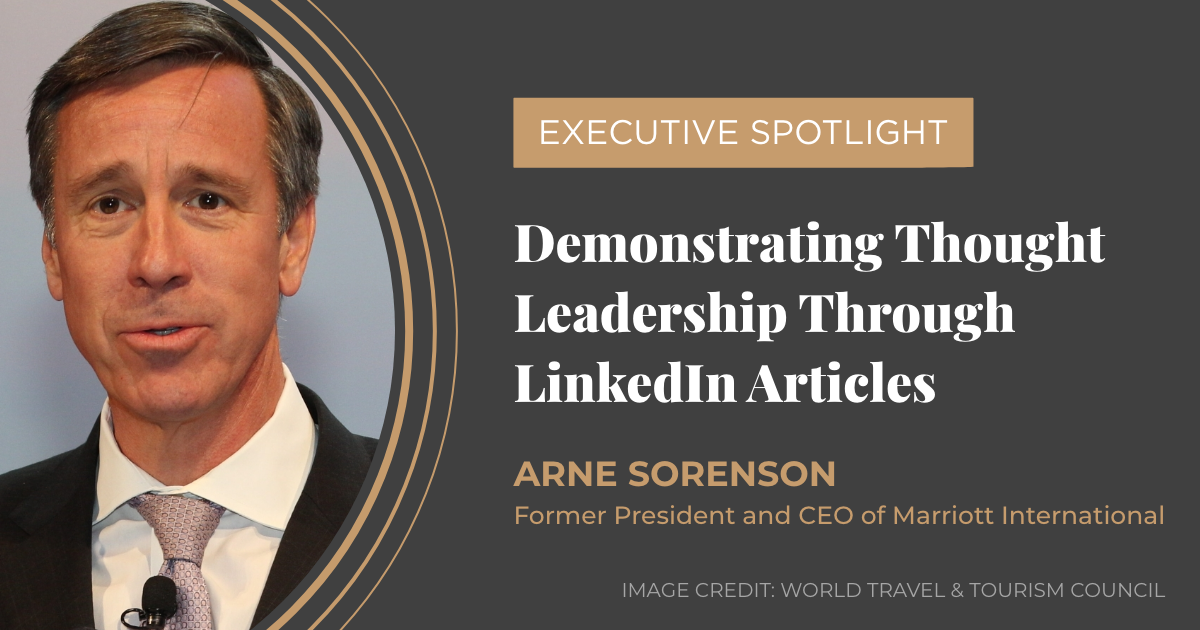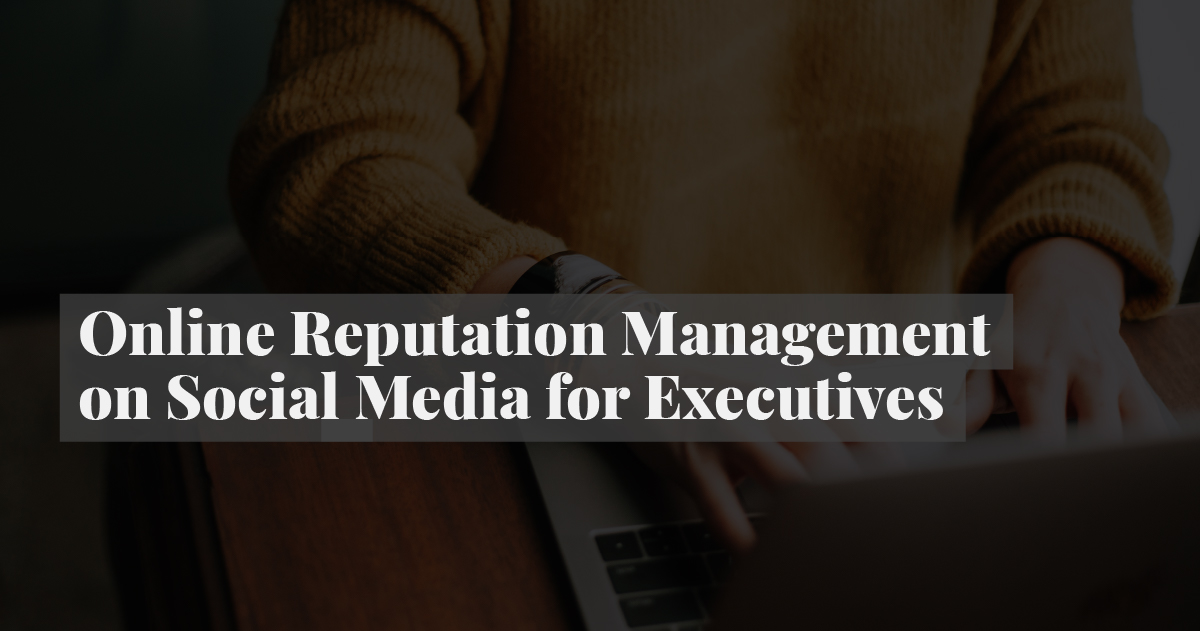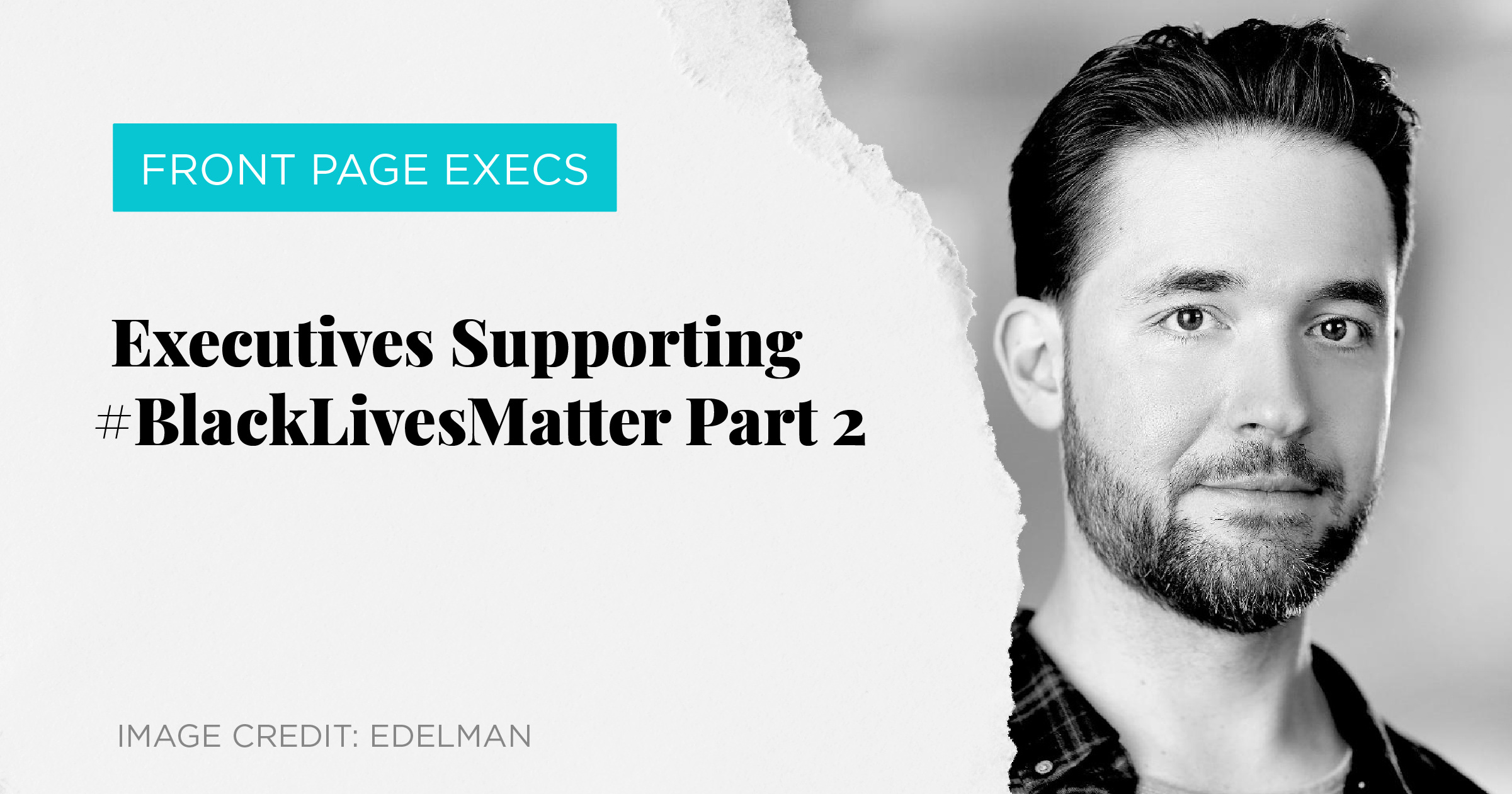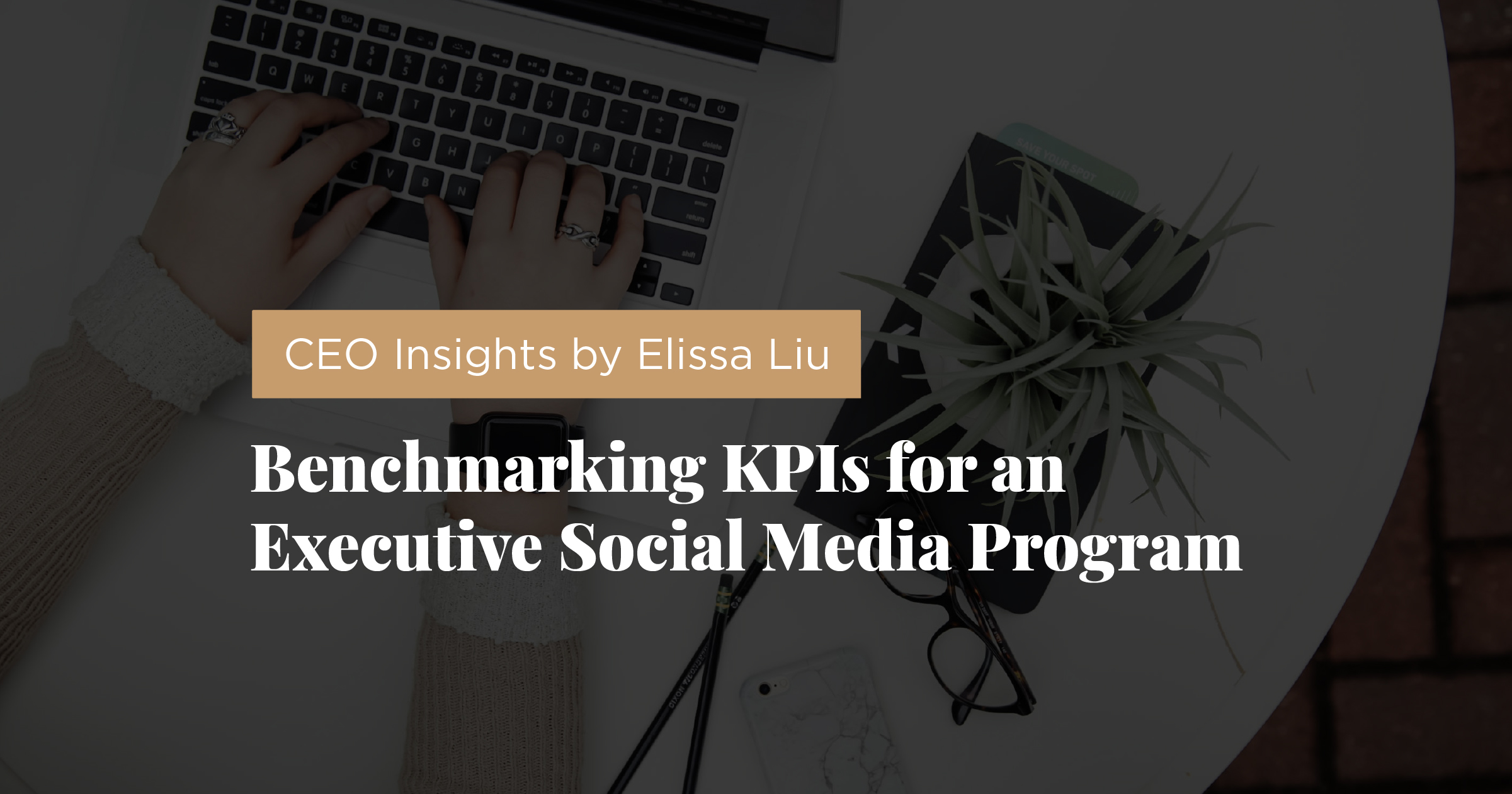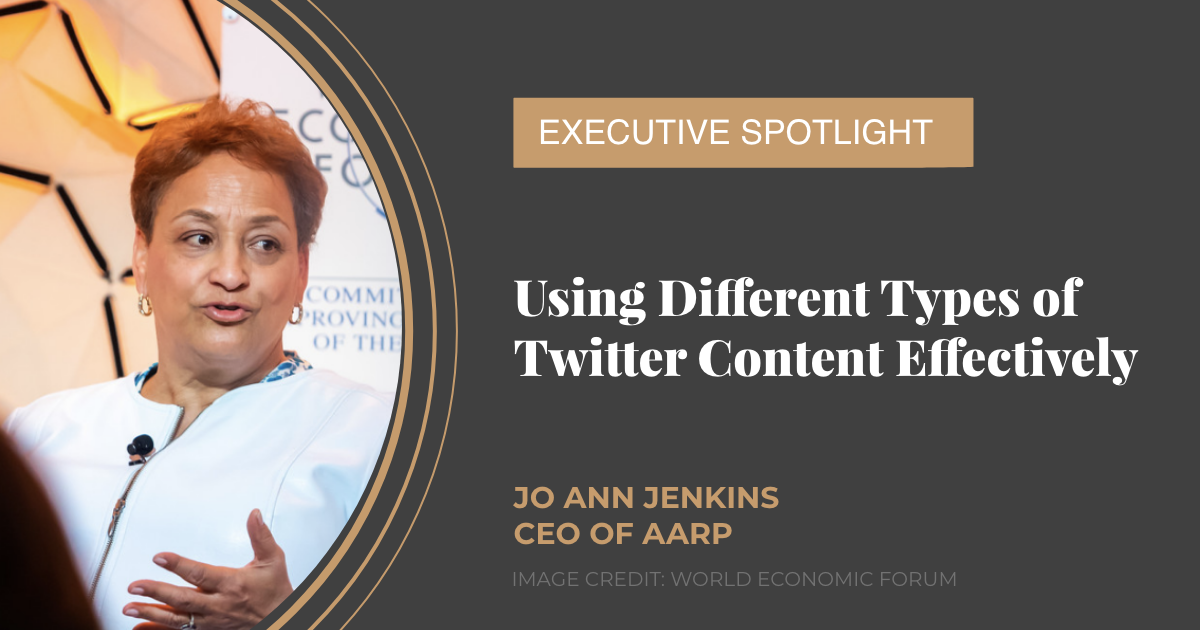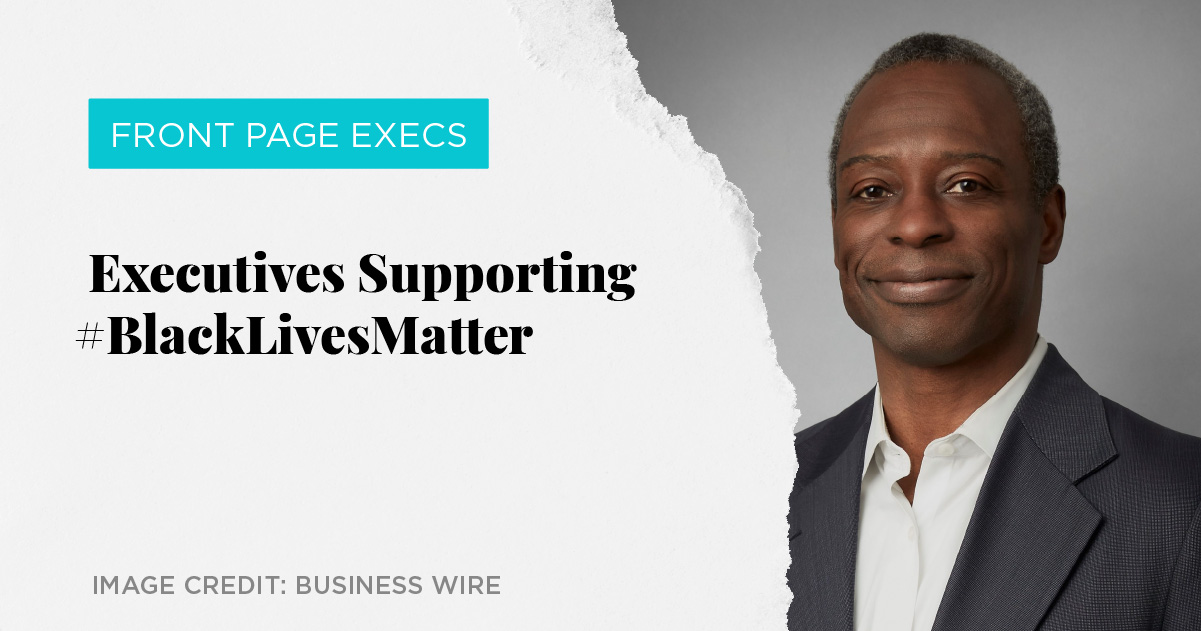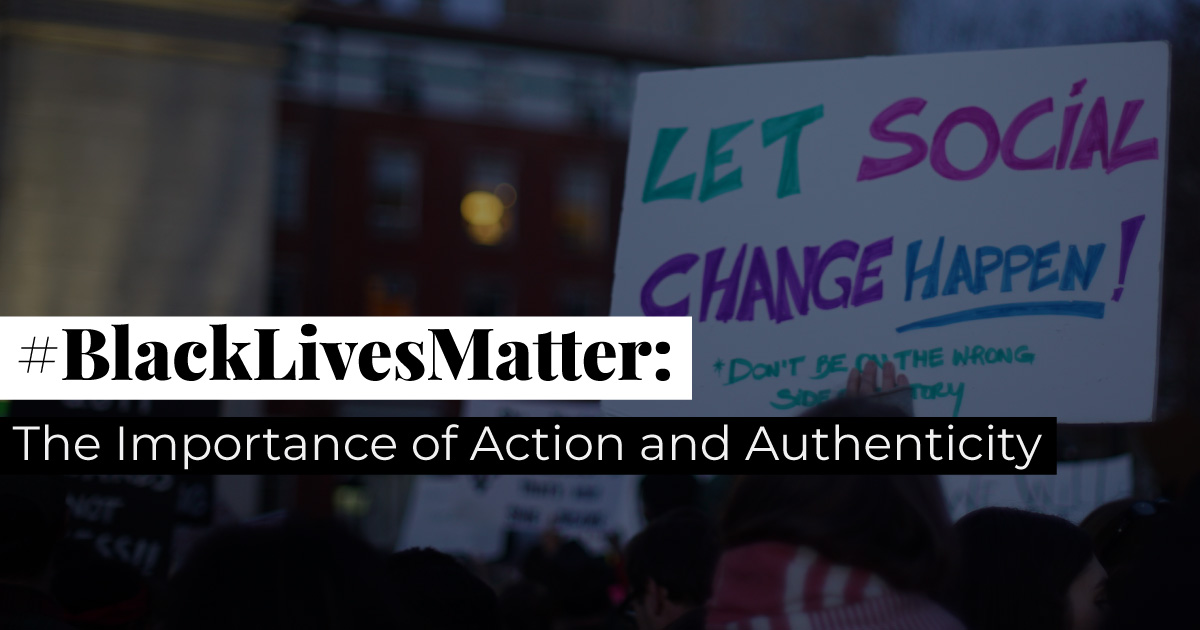Download our resources to
Despite the growing evidence supporting the benefits of an executive presence on social media, getting your leadership team on board may feel like a daunting task.
That’s why we’ve put together these guides on how to effectively convey to your executives that visible leadership has the power to amplify your current marketing efforts and brand strategy.
Elevate Your Leadership
Ready to elevate your executive’s presence?
Book a consultation with one of our executive social media specialists. We’re eager to learn about your objectives and discuss how we can craft a strategy that delivers real results.
Let’s connect and start shaping a digital presence that’s as dynamic and impactful as the leadership behind it.

